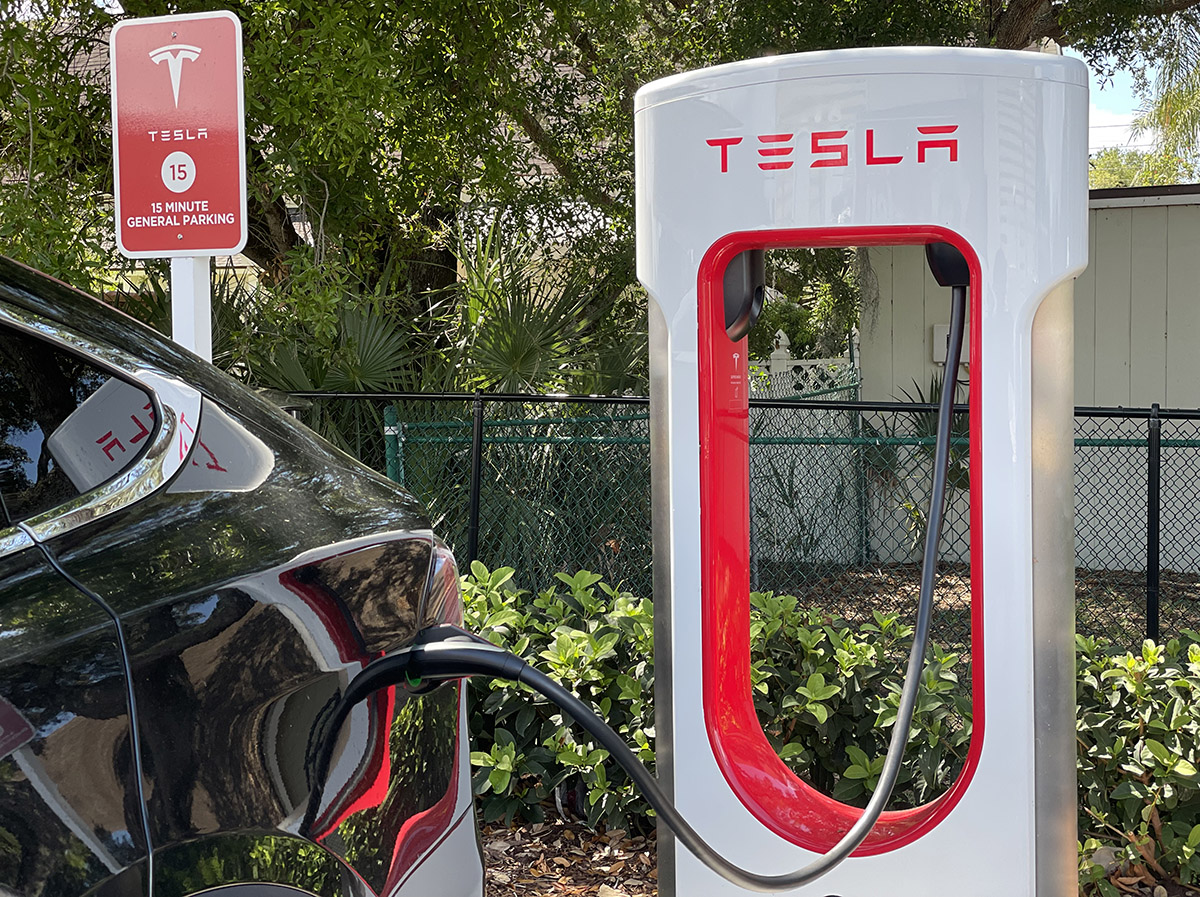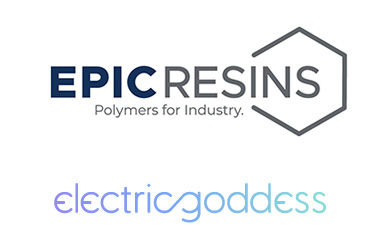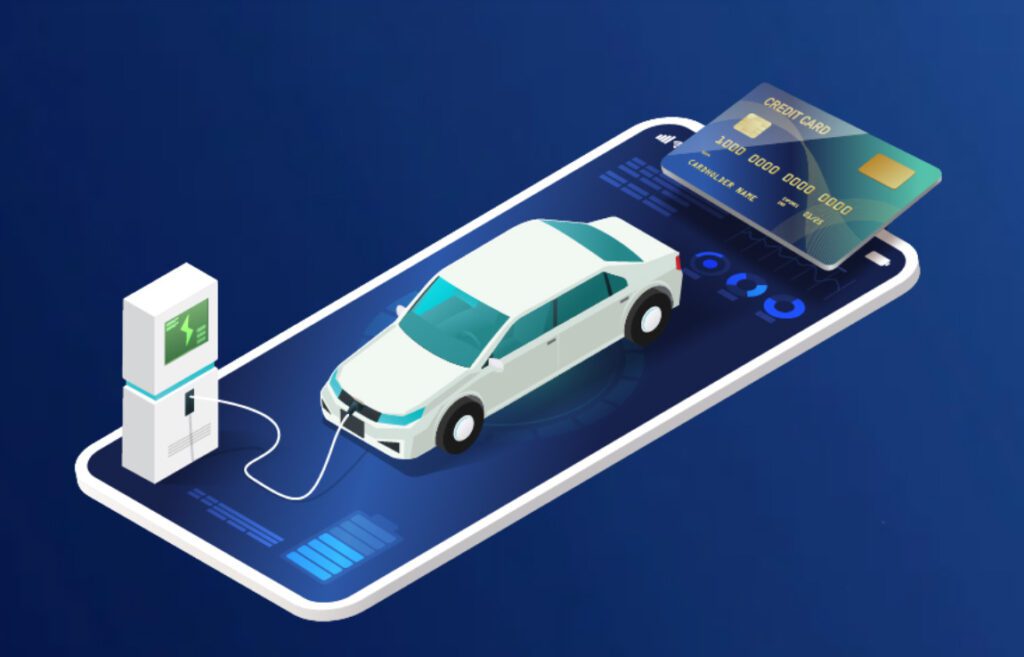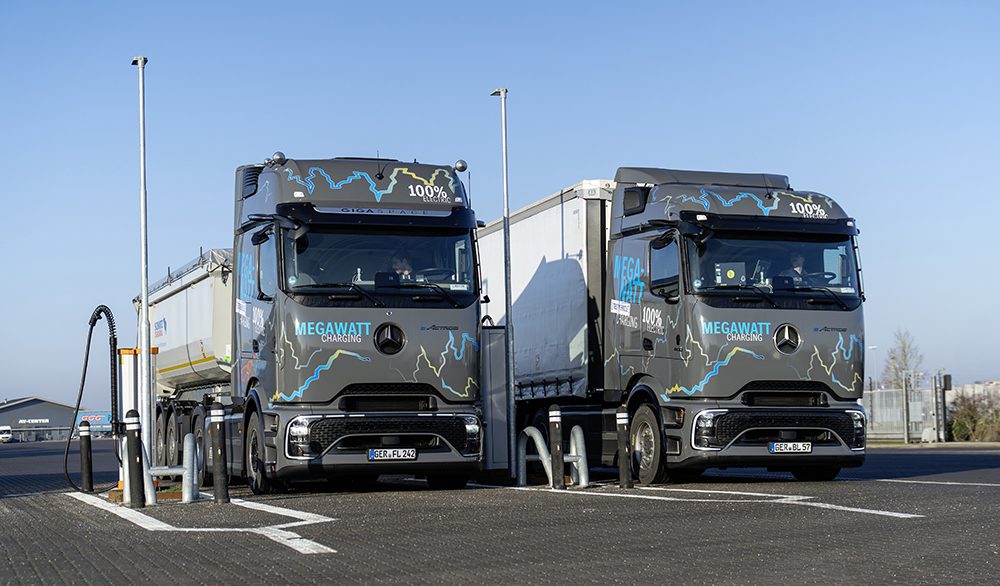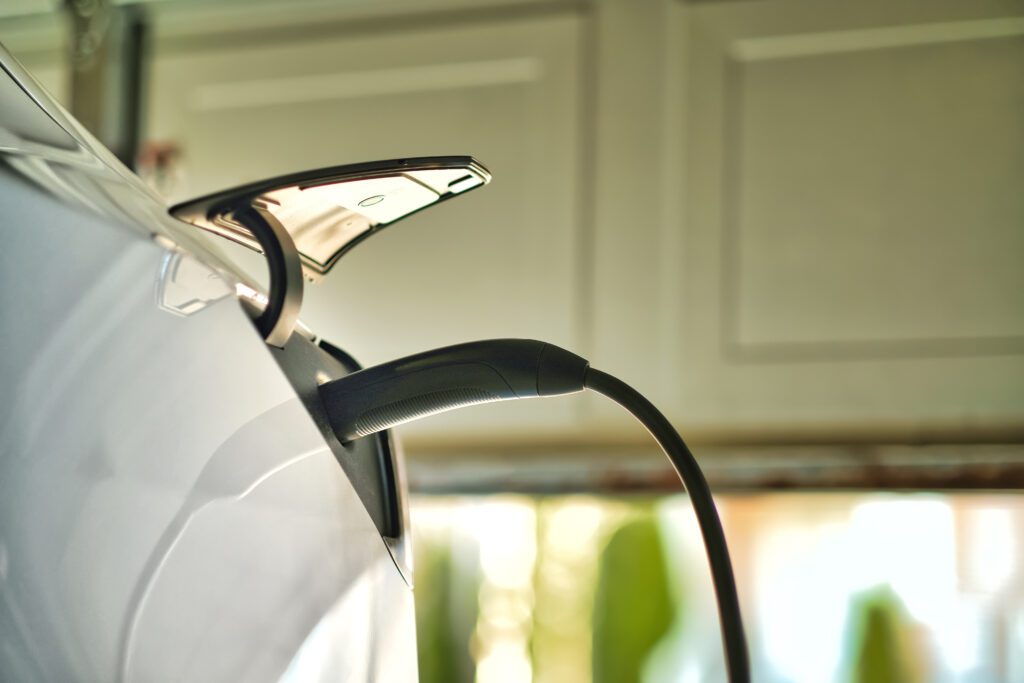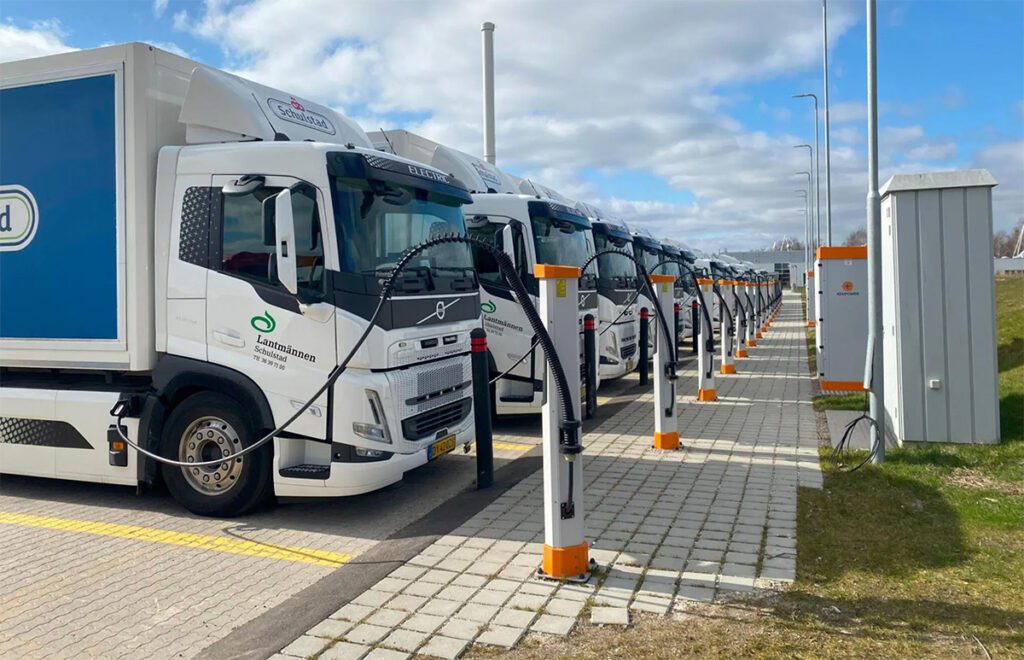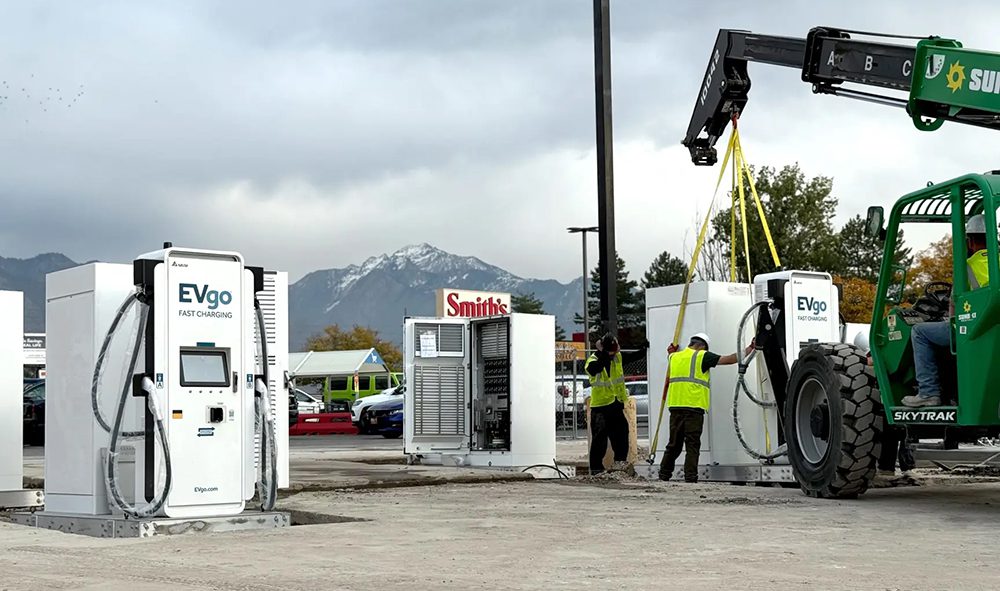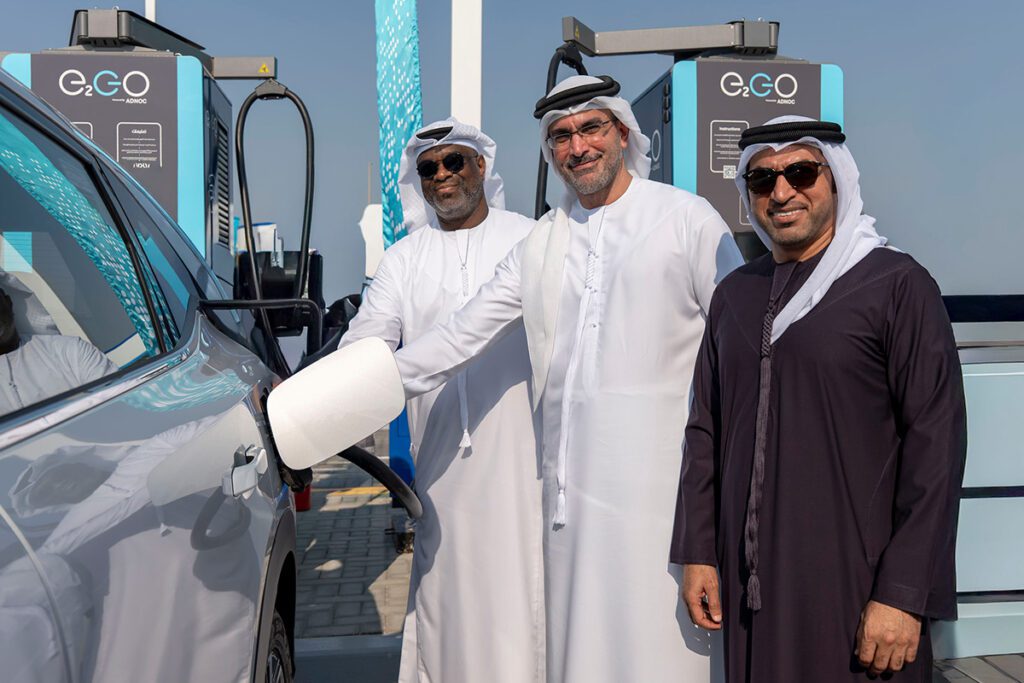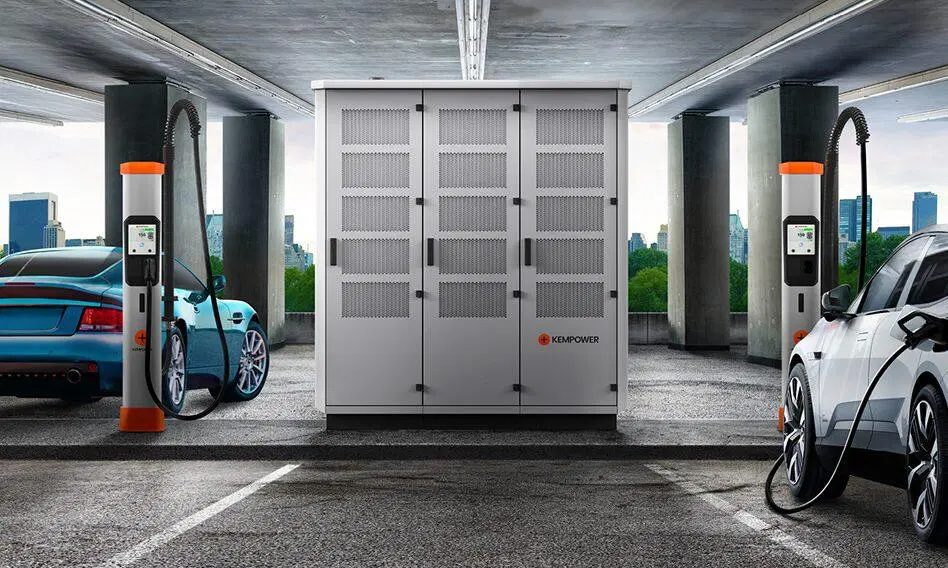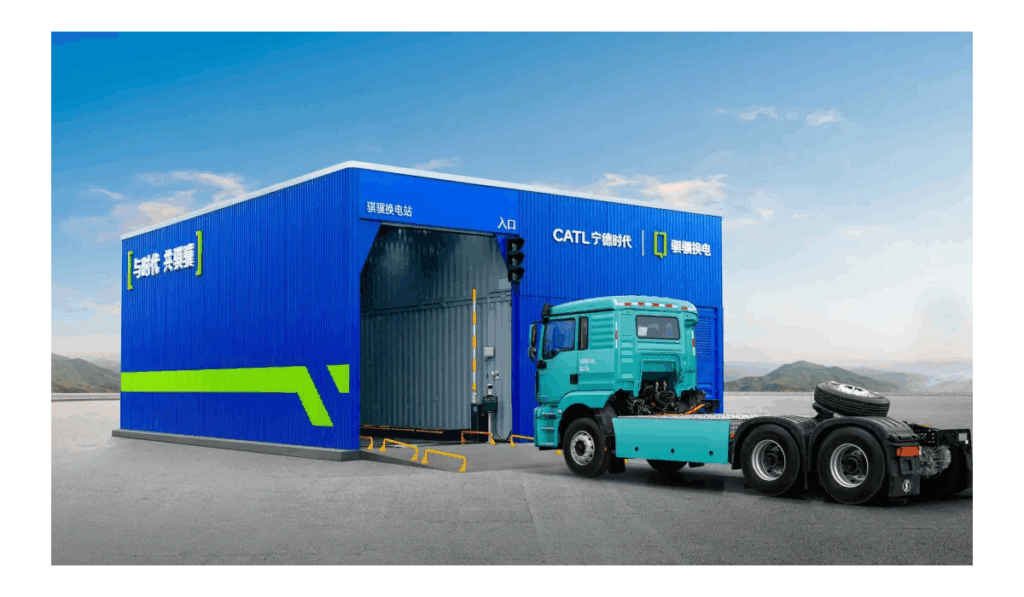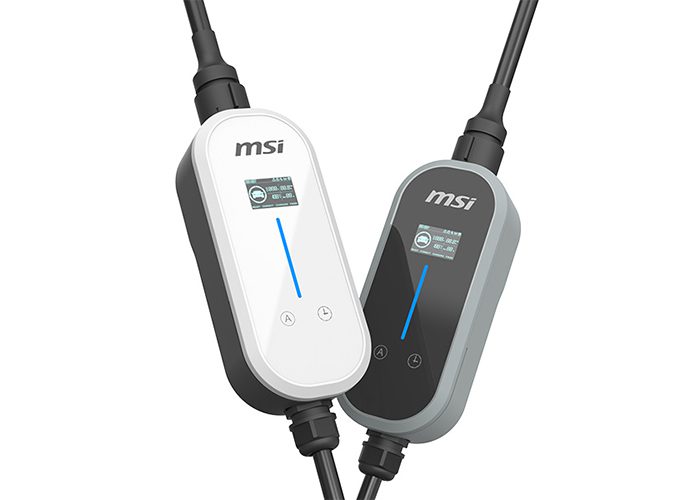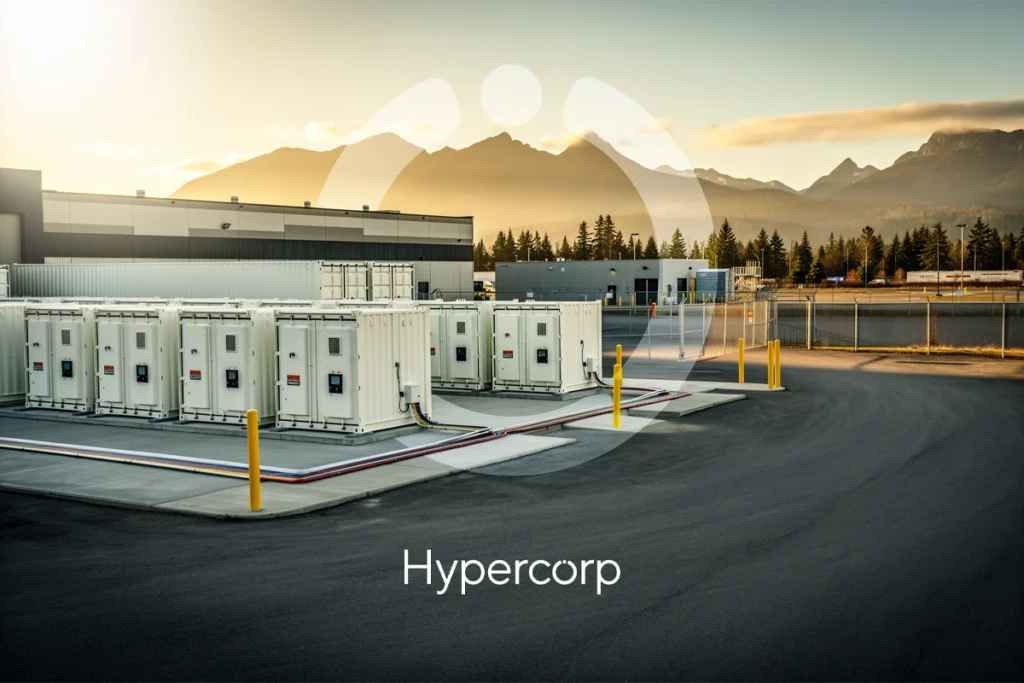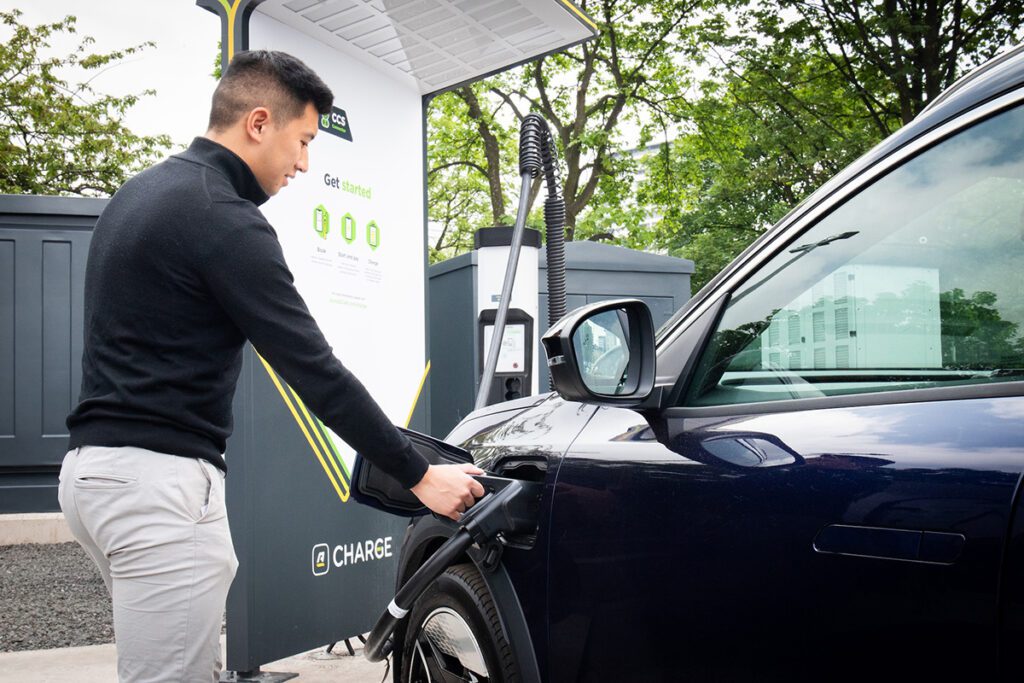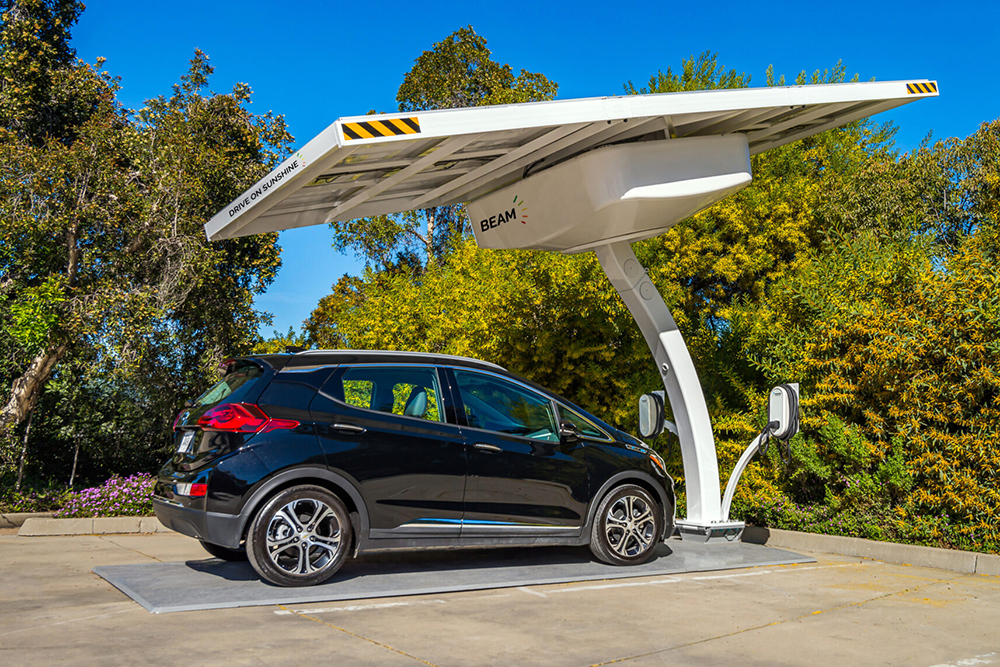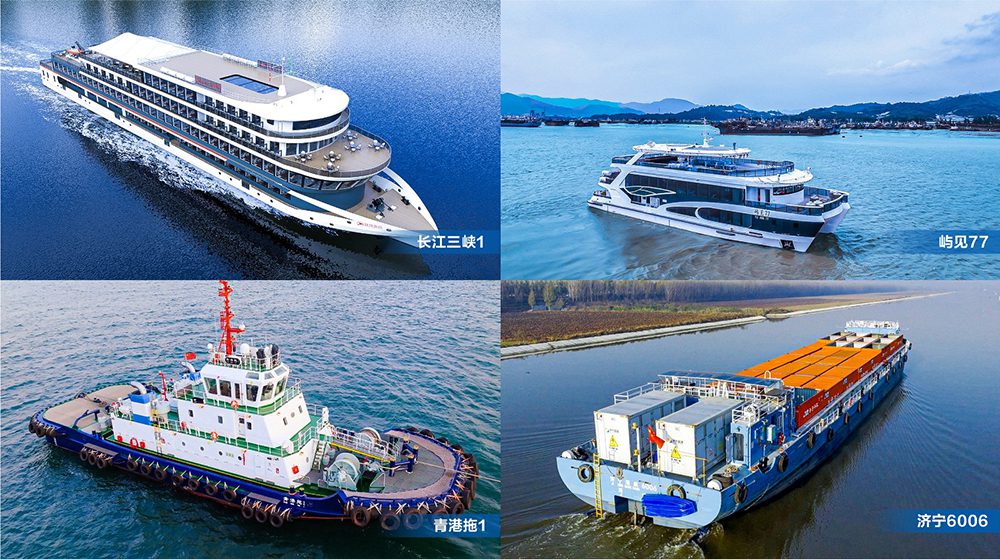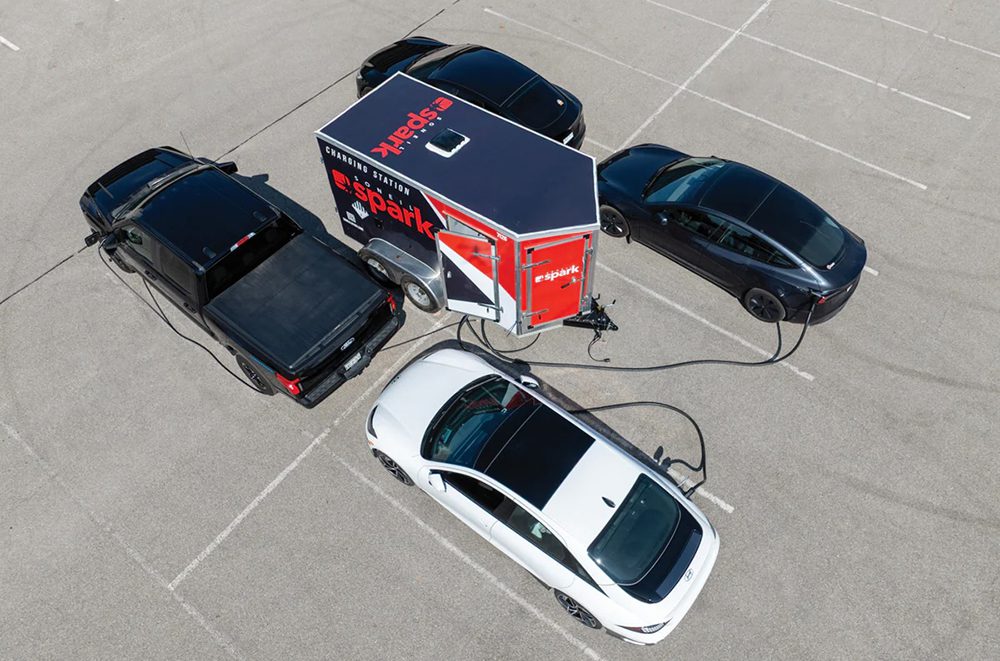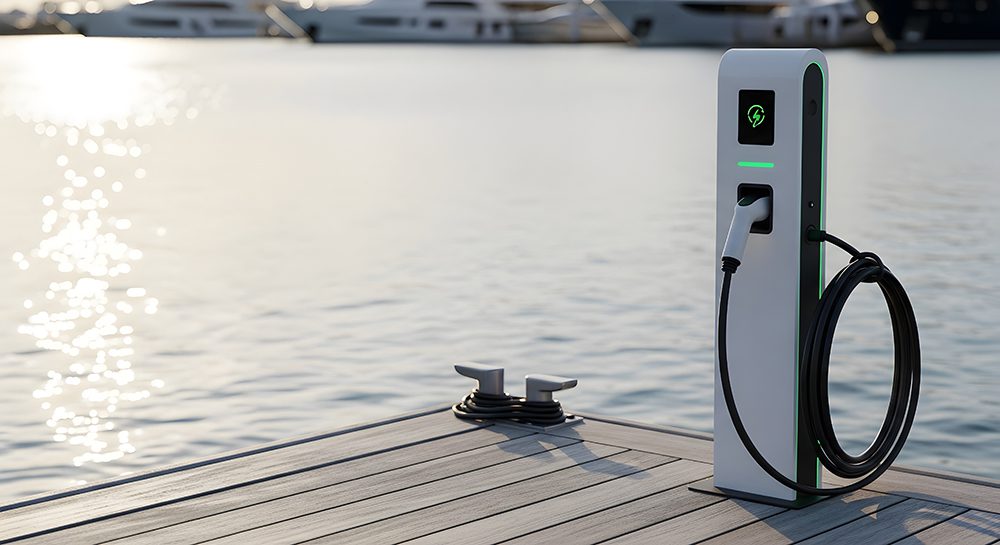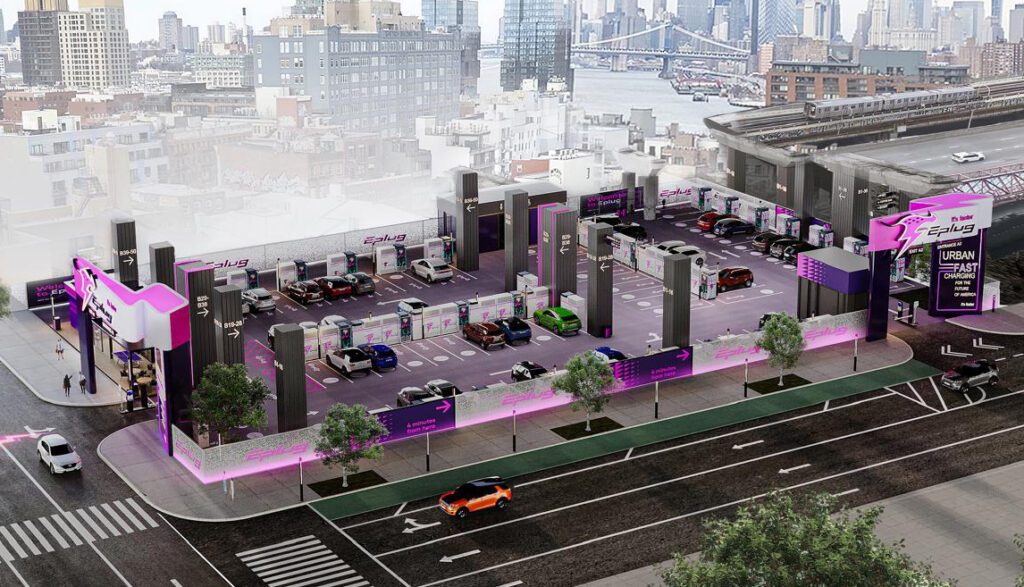Electrifying rideshare vehicles has the potential to deliver outsize emissions reductions, as they log many more miles than personal vehicles.
In his recent State of the City speech, New York City Mayor Eric Adams announced that rideshare fleets operating in the city will be required to go zero-emission by 2030. The Big Apple is one of the world’s largest markets for app-based ridesharing, with an estimated 100,000 for-hire vehicles plying the streets.
The mayor is expected to implement the plan through the city’s Taxi and Limousine Commission, which regulates the rideshare industry, including Uber and Lyft.
Uber and Lyft both have histories of fighting against new regulations that don’t suit them, but they’ve been making positive noises about New York’s announcement (both companies have already announced their own plans to go 100% electric by 2030).
“New York’s commitment will accelerate an equitable city-wide transition to electric, and we’re eager to collaborate with the TLC on an ambitious plan for a rideshare clean mile standard,” said Paul Augustine, Lyft’s Director of Sustainability.
“We applaud the Mayor’s ambition for reducing emissions, an important goal we share,” said Josh Gold, Senior Director of Policy at Uber.
Both companies are already encouraging their drivers to go electric, partnering with the likes of Hertz and Electrify America. If they’re serious about getting to 100%, however, they may have to take more drastic measures, such as subsidizing EV purchases for their drivers.
For better or for worse, local and state regulations will be an important incentive for them to do so—California has already adopted a 2030 EV mandate for ridesharing companies.
Source: The Verge






